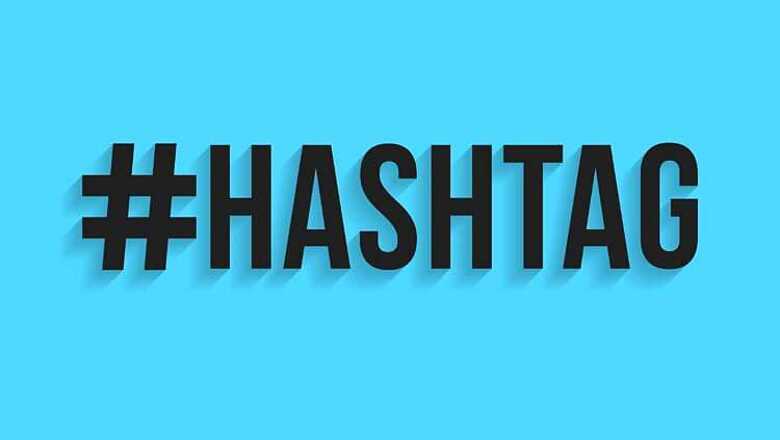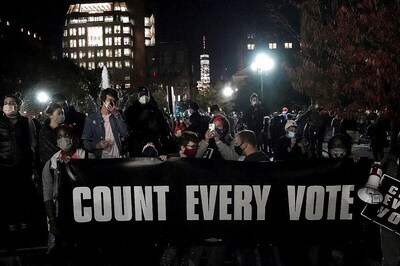
views
Like #zombies during #apocalypse, they are #everywhere. You can attempt to run away from them, but just can't save yourself from falling prey. Just when you thought your sentence was complete, what you wanted to convey was whole, these character preluded words emerge to tell you how baseless your argument is if you do not 'use them'; for they give your shallow words some depth, they change meaning, they have the possibility of overthrowing empires and wiping off established rules if you know how to use this sword - with a double edge.
Welcome to the world of #hashtags. As our realities start getting influenced by more of what we throw up on the virtual world, this simple character promises that your 'I' is nothing in front of an #I, your happiness is meager in front of #feelinghappy, the grief is yet shallow as compared to the #shattered.
If someone told me a decade back that simply putting a character in front of a word would change the meaning altogether, I perhaps, would have laughed it off as another attempt at changing the sophisticated way of conversing with others - even if it was on the Internet. The good old way of talking to strangers on the web through Hi, ASL that often went on initiating a few more full-fledged sentences has been taken over by the brand new minimalistic 140 characters overladen with the little character zombies.
While the origin of this # as a character could possibly date back to the Neolithic age, its use in our modern world - the virtual world - is pretty recent. When microblogging site Twitter was launched in 2003, it came with an almost threatening rule - “not a single thought should dare exceed even half a mark from 140 characters (including spaces!).” The solution? Compression of your thoughts and ideas. In order to not lose out on the essence of what you want to convey, the mighty # emerged.
The earliest usage has been traced to one Twitter user @ChrisMessina, who used the character to group posts related to #barcamp conferences in Nashville during the year 2007, and from the last eight years, it has been reining our online communication.
how do you feel about using # (pound) for groups. As in #barcamp [msg]? — ☞ Chris Messina ☜ (@chrismessina) August 23, 2007
From social media posts to job postings #WeAreHiring, political campaigns #AccheDin, to public outcry over certain issues #RapeinIndia; hashtags have put the entire picture of online discussions in an entirely different frame. The compression of thoughts took another turn when even Facebook introduced clickable hashtags in 2013, and the number one virtual social network added another dimension to #whatothersthink. The core of the functional, clickable character-preluded words was to expose a user to a plethora of thoughts (read - statuses, photos, videos, external links, etc) others on the social platform have shared on the same topic.
Marketers and advertisers, for whom social media had become the #newfoundlove, couldn’t have marvelled at the hashtag’s immediate success. With a surge in posts containing more than a single hashtagged topic, it became possible to throw up more ads at users and getting more visibility. It simply became a two-way process for brands to communicate directly with consumers without trying too hard for attention.
The power of hashtags in today’s modern world is palpable. From education, to business, to news, to space, hashtags seem to have taken over communications with absolute brevity.
With the overhaul that is happening at Twitter, will the #hashtag change? Absolutely not, like I said, these #zombies are here to stay and continue to add or rather delete words from our everyday conversations. It might not be too long before humans start talking with words laced with hashtags. Well, that seems like a far-fetched nightmare. But, as #Shakespeare said, "brevity is the soul of wit," anyone up for a #hashtaggedliterature in #future?














Comments
0 comment